Exam practice
GCSE Computer Science: Exam-style quiz by topic
Try this quiz based on GCSE Computer Science past papers. Choose the topic you would like to revise and answer the questions.
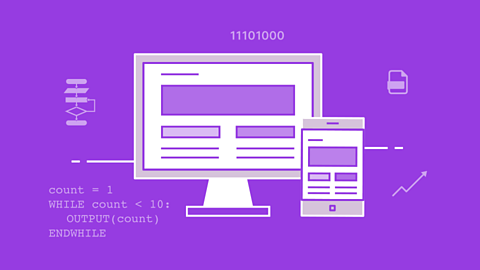
GCSE Computer Science: exam-style questions
Get ready for your OCR computer science GCSE exams with free interactive tests and feedback to improve your knowledge of binary, programming techniques and more.

GCSE Computer Science: quick-fire questions
Free interactive OCR computer science GCSE questions based on past papers. Boost your knowledge of algorithms, computer systems, data structures and more.

Computer systems
Systems architecture - OCR
Von Neumann architecture provides the basis for the majority of the computers we use today. The fetch-decode-execute cycle describes how a processor functions.
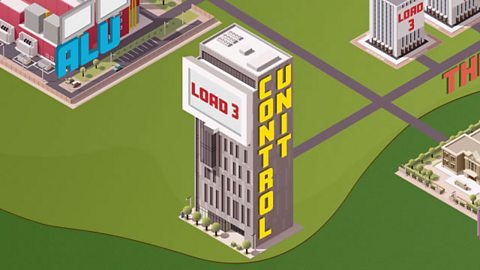
Memory and storage - OCR
Primary memory is a key component of a computer system. Its function is to hold data and programs that are currently in use.
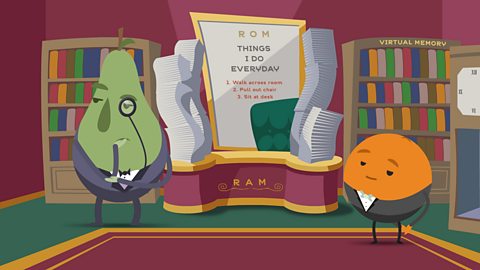
Units and data representation - OCR
All data is represented as binary digits, whether it is numbers, text, images or sound. Calculations are also done in binary.

Computer networks and topologies - OCR
Networks can be arranged in different topologies. Encryption is used to ensure that messages can be sent securely over a network.

Wired and wireless networks, protocols and layers - OCR
Networking computers brings many benefits to users. Without networking, many computing applications would not be possible.

Network security - OCR
Networks operate on the principles of communication and sharing. Unfortunately, these principles mean that network traffic and data can be more easily subject to access by people who have no authority to do so.

Systems software - OCR
A computer is controlled by systems software. Operating systems provide this control, while utilities help to maintain the system.

Ethical, legal and environmental impacts of digital technology - OCR
The use of computers has brought about ethical, legal, cultural and environmental impacts. These issues increasingly affect people's daily lives.

Computational thinking, algorithms and programming
Computational thinking - OCR
Computers can be used to help solve problems. However, before a problem can be tackled, it must first be understood. Computational thinking helps us to solve problems.

Designing, creating and refining algorithms - OCR
Algorithms are step-by-step plans for solving problems. Algorithms can be designed using pseudocode and flow diagrams.

Searching and sorting algorithms - OCR
Sorting and searching are two of the most frequently needed algorithms in program design. Standard algorithms have evolved to take account of this need.
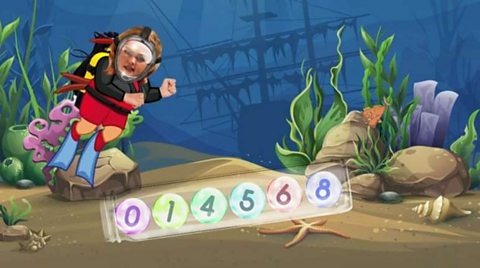
Programming fundamentals - OCR
Programs are designed using common building blocks, known as programming constructs. These programming constructs form the basis for all programs.
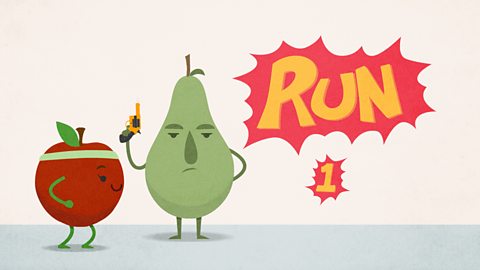
Programming techniques - OCR
Proficient programming requires knowledge of many techniques. These techniques allow for powerful, complex programs.
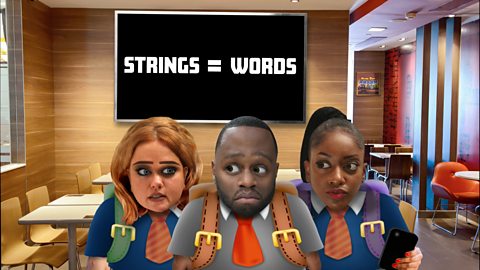
Producing robust programs - OCR
Programs must run correctly or they are of little value. Careful planning and testing of a program are essential, as is writing maintainable code.

Boolean logic - OCR
At the simplest level, computers are little more than a collection of transistors and circuits. They connect together to form logic gates, which in turn are used to form logic circuits.

Programming languages and Integrated Development Environments - OCR
Translators are needed to translate programs written in high level languages into the machine code that a computer understands. Tools exist to help programmers develop error-free code.

Study skills
Decompostion and algorithm practice questions - OCR
Every programming problem needs decomposing so that it can be properly understood. From this, an algorithm can be designed and tested.
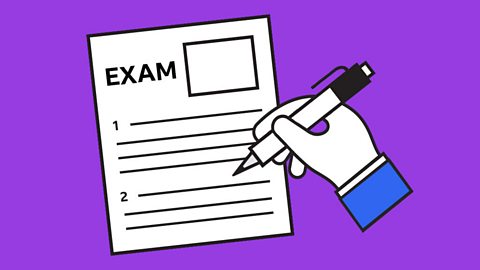
How to tackle essay-style questions - OCR
Essay-style questions are worth a lot of marks. They test not only understanding, but whether or not your knowledge and understanding can be put into a coherent argument.
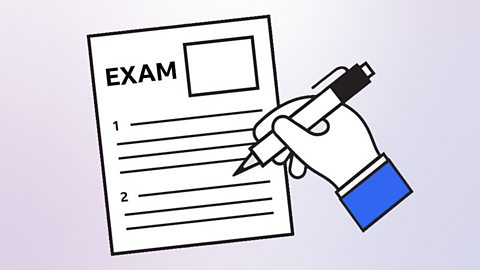
Revision resources
How to revise for your computer science exams
Get ready for the GCSE computer science exams with these interactive resources from BBC Bitesize.
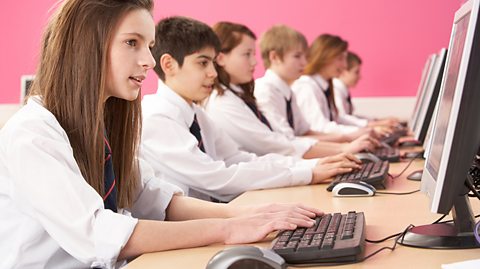
Links
- External linkExternal link
- External linkExternal link
- External linkExternal link
- External linkExternal link
- External linkExternal link
- SubscriptionSubscription